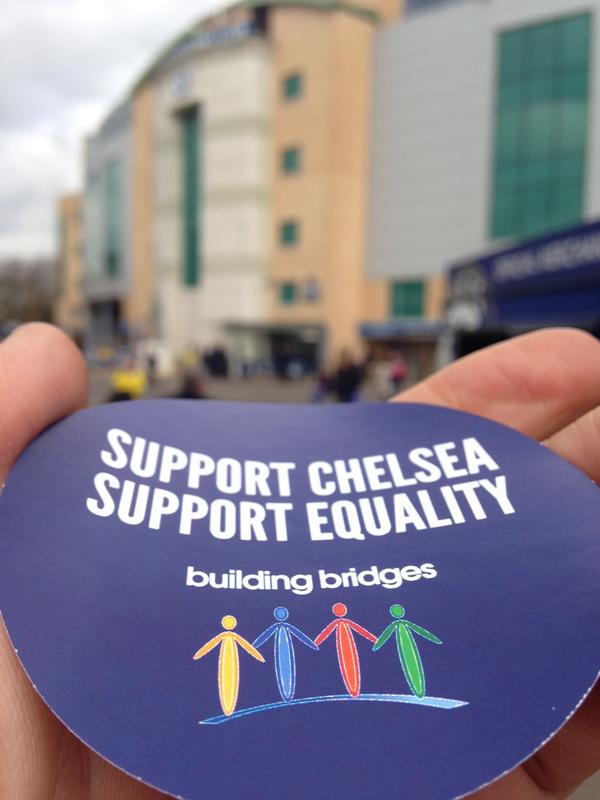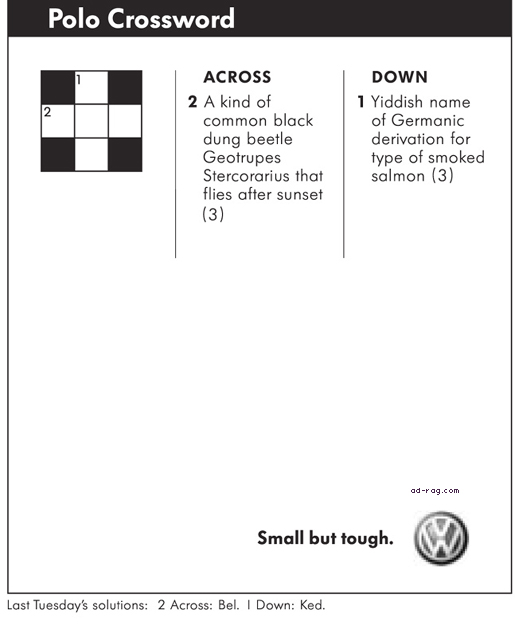Let’s talk podcasts
I love podcasts. They’re like really good versions of the radio, covering loads of fascinating subjects and costing zilch.
Here are some of my favourites (let me know yours in the comments):
Arseblog Arsecast/Arsecast Extra: I have a journey to work that requires me to spend around 40 minutes in the car twice a day. These podcasts are the perfect length for that and a very enjoyable way for me to keep up with all things Arsenal. I actually enjoy Monday’s Arsecast Extra best and look forward to my Monday morning commute because that’s my special AE time (unless we’ve just lost, in which case it’s all a bit shit).
The Football Ramble: a similar kind of thing, but it covers all the teams. Four or five blokes (I think they’re comedians) discuss the most recent Premiership action like five men in a pub who are both funny and knowledgeable about football. They also discuss the Championship and European games but I’ve usually turned it off by then (pro tip: the first 5-10 minutes is taken up by them answering some kind of surreal question such as ‘which football manger would make the best cowboy’. I tend to skip that). I actually found this most enjoyable to listen to when I was walking round Tokyo and taking a river trip in Bangkok. The contrast between the football chat and the environment seemed to enhance both.
Hardcore History: this one isn’t about football; it’s a long, deep analysis of some period or event in world history (eg: the atom bomb, WW1, Genghis Khan etc.). There are generally several episodes of roughly 1-1.5 hours each per subject and they are absolutely brilliant. Even if you’re not really into history (I can’t say I am particularly) they tell you so many fascinating things about why the world is the way it is today that you can’t help but find it compelling. It’s also presented by the excellent Dan Carlin, who has a great voice and manner (he used to be a radio host). It’s also worth mentioning that this is considered to be the podcast’s podcast, and by that I mean that everyone who loves podcasts loves Hardcore History, and you will too.
Desus vs Mero: do you want to hear a black guy and a guy from the Dominican Republic who live in the Bronx discussing their culture and taking the piss out of every single thing on earth? You may not get all the references (I certainly don’t) but you will definitely laugh out loud more at this podcast than any other. Here’s the visual version of it to whet your appetite (#caucasity, #knowledgedarts, Seth Rogen is the Sesame Street character who comes, and if you follow @thefatjewish on Instagram, he joins this show and is very funny):
Real Time with Bill Maher: this is a podcast of the excellent HBO TV show which dissects American politics from a Liberal viewpoint. Bill has some great guests and skewers all sorts of things with lots of lovely swear words.
WTF with Mac Maron: this erstwhile stand-up comic with a somewhat chequered past has now rehabilitated himself into polite society with this excellent interview podcast. So if you want to hear from everyone from Louis CK (check that 2010 interview and discover the sad reason why Louis once wanked over a trumpet case) to Richard Linklater, this is the podcast for you.
The Tim Ferriss Show: the author of the 4-Hour Work Week and the 4-Hour Body has a motivational podcast that gets some great interviews (Arnold Schwarzenegger) and helps you to reassess your entire life in a more functional way. Possibly.
Sodajerker on Songwriting: this is a couple of guys who do in-depth interviews with great songwriters (and a few shit ones) about their processes and careers. Obviously it helps if you’re into the subject’s music, but they’re all interesting.
The final ‘podcast’ I enjoy is the Howard Stern Show, which as actually a radio show on XM over here in the States. I don’t think there’s a way of getting it if you’re not in America, but the best thing about it is the brilliant interviews that go on much longer than your average celeb delvings and tend to involve far edgier questions. The good news is that most of them are available on YouTube not long after they’ve been broadcast, so fill your boots:
https://www.youtube.com/watch?v=B5HsgmyJ4t4
There are loads and loads more but those are my regulars. What are yours?


